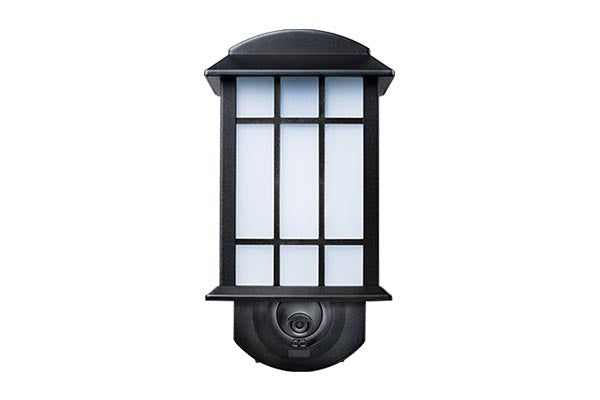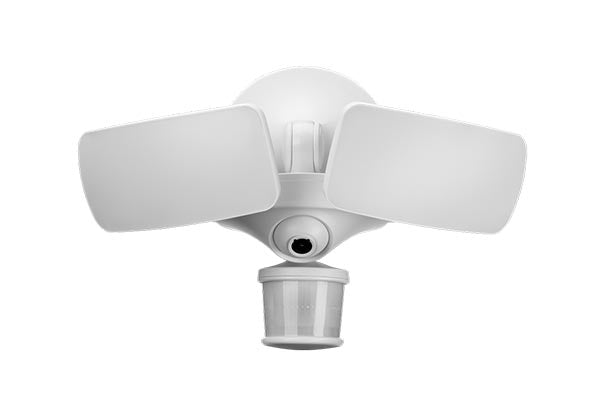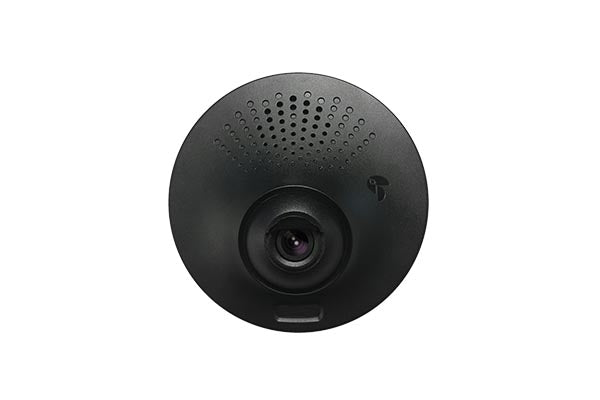5 Lessons for Kids: Home Security and How to Teach It
Children as young as four years old can be given simple chores—this means that you can teach them how to keep your home secure.
While the number of burglaries and invasions have gone down in the United States in the past three years, being vigilant, safe and smart is still the best way to live. This means that families with children (both big and small) need to work together to keep their home safe and sound
But how do you teach children to keep the home safe?
Teaching kids about home safety is both necessary, difficult and hard to verify. What’s more, they could be the key for burglars to get in—simply because they’re too inexperienced and innocent to recognize a bad person.
As a parent, you may be worried about teaching your kids about home safety because:
- How do you know if they understand?
- When you tell them what to do, how do you know if they remember?
- Is it too young to teach them or should you give them more responsibility regarding home safety?
- What if you end up scaring them and it affects their development and behavior?
- What if the kids are already in danger from strangers, door knockers and internet stalkers and you just don’t know about it?
Parenting is the bottom line
While these could be keeping you up at night, there is a solution: be a good parent. Take a pro-active, smart and innovative stance in ensuring your kids’ safety by getting them involved.
So what should you teach your kids?
Here are five lessons (keep them short and sweet so they stick) that your kids have to know about home security:
1. Mommy and Daddy are always home.
Most home invasions take advantage of the fact that it’s just the kids and a babysitter at home—or worse, the kids are home alone. If anyone (besides mom and dad) ask them if they’re home alone, their answer should always be no.
2. No posting pictures of your room or house online.
This is especially important for tweens and teenagers, especially if their social media profiles are open to the public. You can limit their social media use, check their privacy settings and screen their uploaded photos all the time to catch possible problems.
3. No sharing of personal information online.
Another important lesson for older kids is to not give out names, birthdates, information and home details in chat rooms and other online groups. You can disable Javascript and monitor their social media use to check chat logs or keep them out of public forums all together.
4. If they see a stranger following them home or hanging out in front of the house, they go to a neighbor’s, a policeman or a store to ask for help.
Sometimes, home invasion can happen because your kid walks home from school every day and someone’s found their routine. Teach them not to give bad people opportunities and to make it too troublesome to continue to follow.
5. Things they read about or are told online may or may not be true.
While the internet is a great tool for research, its biggest weakness is unverifiable information. This may come in the form of news, articles and even conversation. Teach your kids not to speak to people they don’t know and to not believe what they read on the internet without proper research and study.
But how do you make these lessons stick?
While these five lessons are a good start in teaching your kids, how do you know if they stick?
Here are some techniques:
1. Role play
Try to make the scenario fun instead of menacing so your child doesn’t get scared of you or when the real thing happens. Make it a game of hide and seek or ‘Simon says’ so they have confidence and cleverness during emergencies.
2. Make a family password
Sometimes, people on the phone or online can masquerade as you or your spouse. To help your kids verify the truth, set a family password that you have to say if you want the door opened, an errand done or information provided.
3. Monitor their internet usage
The reality is, you have to be smart enough so burglars and home invaders don’t take advantage of your children. Check your children’s chat logs, their behaviour and how they interact with you. According to the FBI, your kids can show signs of engaging with strangers online.
4. Teach them how the security system works.
If you’re one of the clever, pro-active and tech-savvy parents, you have a cloud-based security system installed at home. Show your kids how you can answer the door for them even when you’re away and what you’ve done to keep them safe. You’ll be surprised at how much better they’ll feel.
When you have a security system, a set of smart, good kids and a pro-active, tech-savvy lifestyle, you need not fear invasion—since you’re ready for it.
What other techniques have you used to teach your kids about home safety? Parents, please share your insights and let’s help keep your neighborhood safer!
A smart home security light
Kuna is a smart camera in an outdoor light that
lets you prevent break-ins instead of waiting for an alarm
You're always connected
We recommend you install Kuna at all major entry points to your home so you’re never caught off guard when someone comes to your door. You can add multiple cameras to the Kuna app and your recordings will show footage from each of these camera.
The post 5 lessons for kids: Home security and how to teach it appeared first on Kuna.
Stop break-ins before they happen.

Save $20 on your first order.
Latest news, feature updates, and exclusive discounts.







